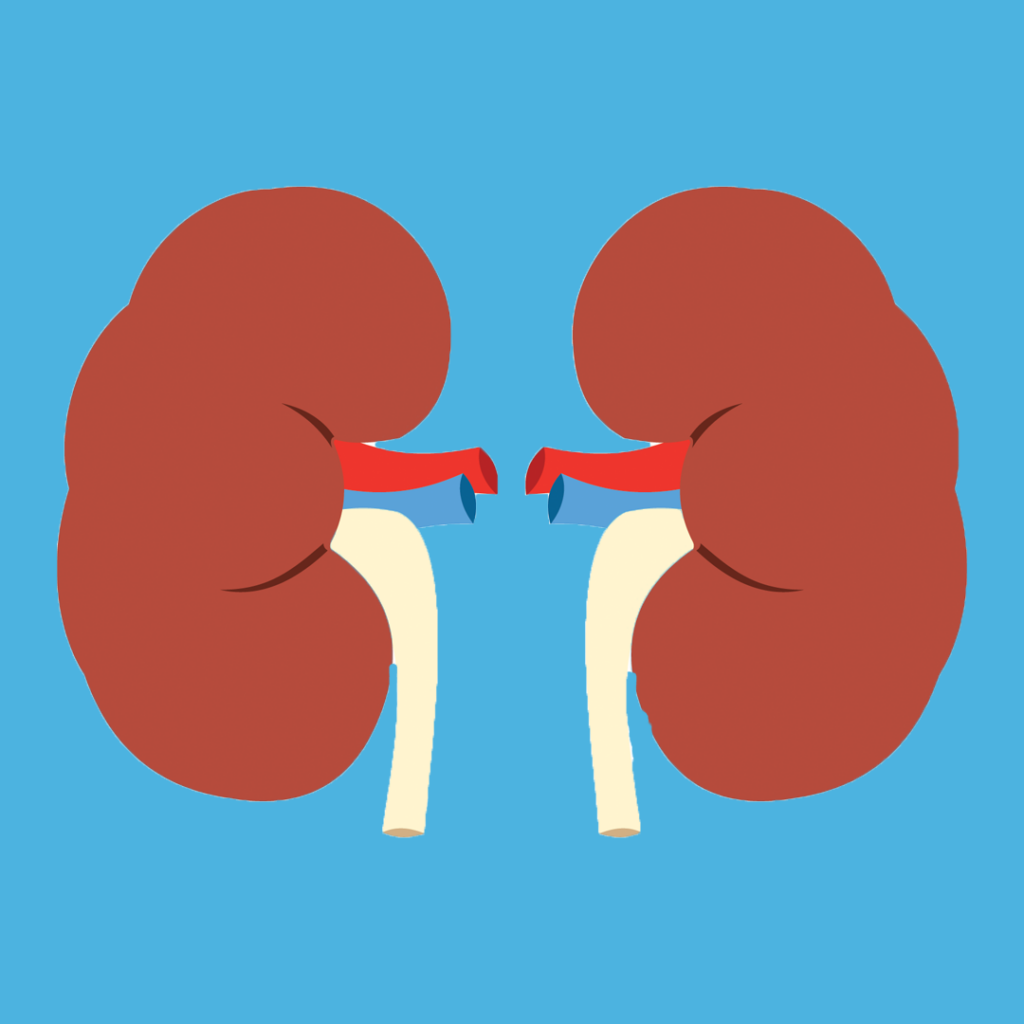Bad breath? Skip the mints and try zinc

Questions answered in this article:
You may be familiar with the old joke that goes: “My dentist told me I had bad breath….I was in the waiting room at the time.”
Now, your breath might not be bad enough to be smelled from another room. But it can be unpleasant for you (and others!) when your oral health suffers. Don’t stress, there are some natural ways to help improve the scent of your breath – zinc is one of them.
So, let’s get to the root of bad breath and get a better understanding of zinc’s role in our oral health.
The origins of bad breath
Caused by a buildup of bacteria on your teeth and tongue, 90% of bad breath or halitosis cases originate in the mouth. Everything you eat leaves tiny food particles in the crevices between your teeth or in the grooves at the back of your tongue, even after you’ve swallowed. Bacteria grow on these surfaces and form a thin layer called plaque. As they break down the food, they produce volatile sulphur compounds (VSCs) like hydrogen sulphide and methyl mercaptan—the gases responsible for your bad breath.
The most common cause of bad breath is poor dental hygiene. If you don’t brush and floss regularly enough, the plaque thickens and creates a more powerful odour over time.
What's zinc got to do with it?
From keeping our breath smelling fresh to strengthening our teeth, zinc has a few different benefits for our oral health.
Zinc & our breath
Zinc is antimicrobial in nature, and prevents the growth of certain strains of oral bacteria. In fact, one study found that mouth bacteria like P. gingivalis, F. nucleatum and P. intermedia were all suppressed by a zinc solution.
How does this happen? Well, zinc ions react with the amino acids inside the bacteria cells and cause them serious damage. This helps to prevent the occurrence of many common gum diseases, including gingivitis.
Zinc also goes after the gases caused by these types of bacteria. Zinc ions bind to VSCs like hydrogen sulphide and neutralize them, ultimately improving the scent of our breath. Additionally, zinc helps to fight dry mouth, where the mouth doesn’t have enough saliva. Dry mouth can cause bad breath because sulfur compounds tend to replicate faster in a dry environment. Zinc helps to hydrate the mouth with saliva, a natural cleanser. And as a result, this improves our breath.
Zinc & our teeth
The enamel of our teeth is made of a crystalline structure called calcium hydroxyapatite. Zinc is involved in determining the exact crystalline structure that our enamel develops, ultimately helping to strengthen the enamel. And a strong enamel can reduce the chances of tooth decay or cavities.
On top of that, this mineral is known to help reduce the demineralization of our teeth. This is because zinc can be found in dentin, the layer of teeth that lies under the enamel. Having sufficient levels of zinc can ensure that our dentin stays hard and strong.
How can you add zinc to your routine?
Zinc has been a very strong player in supporting oral health. That’s why so many mouthwashes and even some toothpaste include zinc in their formulations. The next time you’re shopping, try out a toothpaste or mouthwash that contains zinc to help improve your breath.
Additionally, making sure your body has sufficient zinc levels can do wonders for not only your oral health, but other aspects of your wellbeing as well. Health Canada recommends 11mg of zinc per day for men and 8mg per day for women. Consuming a diet rich in foods like oysters, beef, lentils, and chickpeas can help contribute to your body’s zinc needs. However, when you’re in need of a little extra, opting for a zinc supplement can be very beneficial.
Load up on zinc and fight off bad breath for good.








